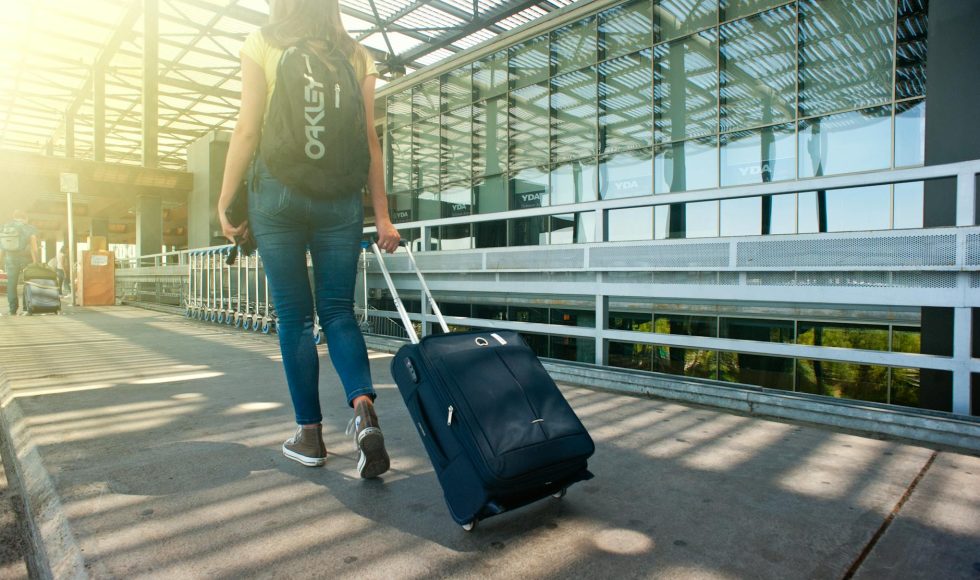Tonight I watched a London Calling 2023 session by Ahmed Abd El Wahed from Leipzig University in Germany. The title of the session is “Pathogen and species identification using a mobile suitcase laboratory,” which aligns nicely with the course I am teaching: Portable Genome Sequencing (PGS). The recording had videos outside highlighting the suitcase lab. The sequencing actually happens in this suitcase! They have used this setup in outbreak situations. Rea Kobialka described a project in which they used the suitcase lab to take the diagnostic system into the stables and farms to learn about antibiotic resistance. Culture techniques are not needed. Arianna Ceruti described the bead-based rapid extraction technique they use. Inhibitors, in this case, are removed with the beads, which is the reverse of what we usually do with magnetic beads. Ceruti explained that the rapid extraction approach takes about 20 minutes and uses protease K. They have extracted DNA from mosquitos and other samples. The DNA is purified enough to run on the sequencer. The Rapid Barcoding Kit is used to process multiple samples. Offline software is used in some cases to allow sequencing on-site. The team has developed three different pipelines to detect pathogens, blood meals, and even mosquito species from the DNA and sequencing data. This approach is used for rapid surveillance. The suitcase lab is used by Sanaa Idris, a Ph.D. student in Sudan, and Wisal Elmagzoub, also from the University of Khartoum. They have sampled animals, humans, and fecal microbiomes. The International Centre for Diarrhoeal Disease Research in Bangladesh has also used the setup to provide rapid diagnostics. Incorporating a MinION device into a “suitcase lab” is a powerful way of obtaining genomic information from fresh samples.



